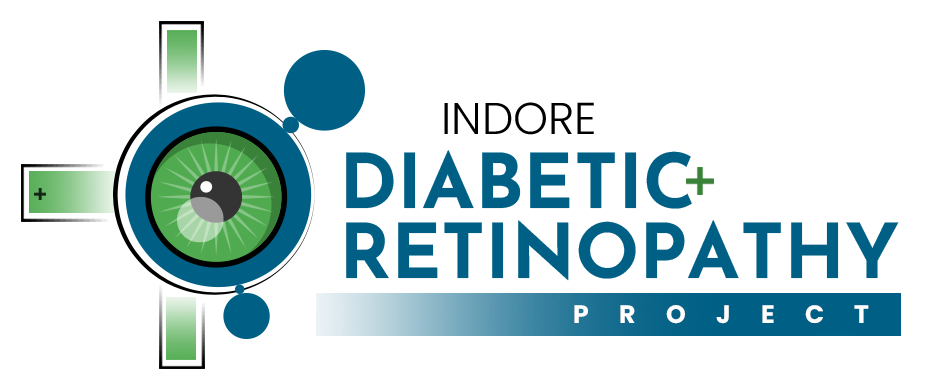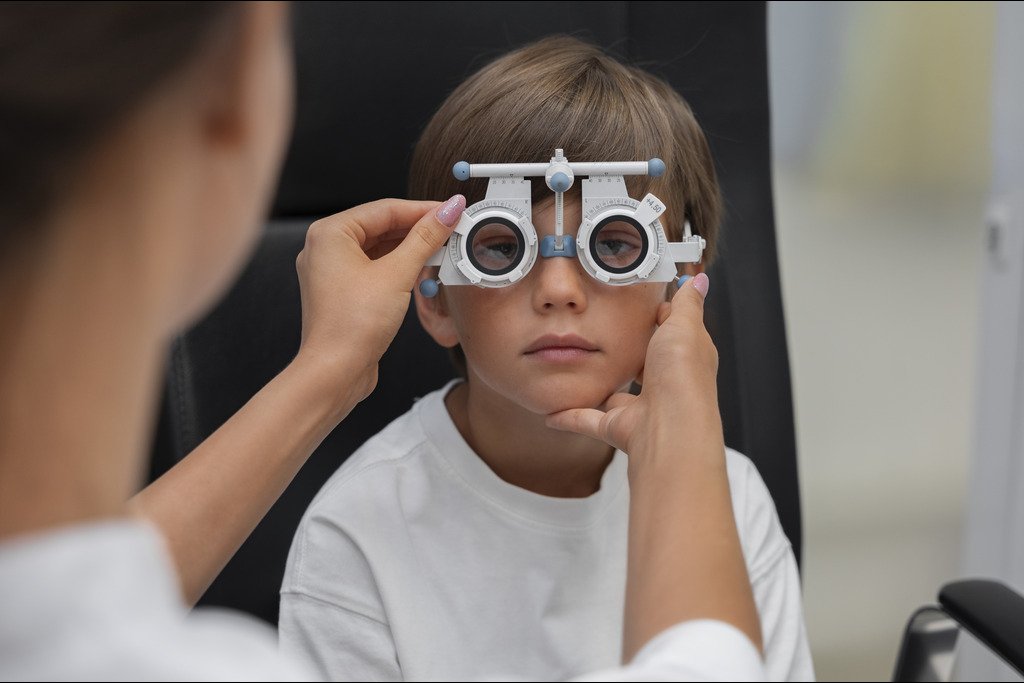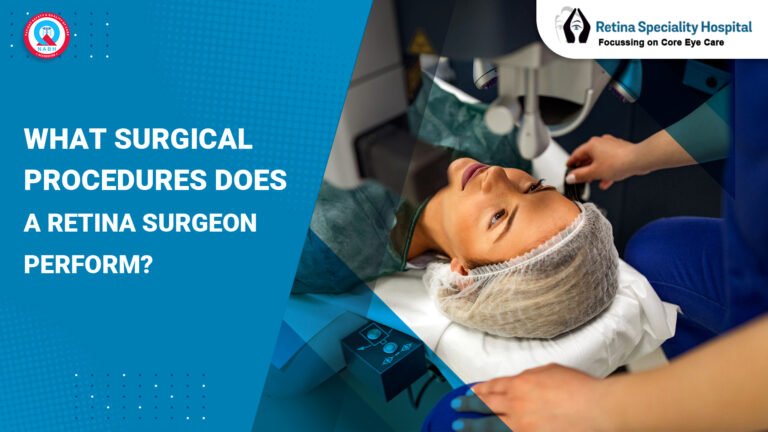Introduction:
Good vision is crucial to a child’s development, as it impacts their learning, motor skills, and social interactions. However, with increased screen time and less outdoor activity, children’s eyesight is at greater risk than ever. In this article, we’ll explore practical, effective ways to protect and enhance a child’s vision. From everyday habits to proactive health practices, parents can help ensure their child maintains healthy eyes as they grow. Retina Speciality Hospital shares these insights to guide you on safeguarding one of your child’s most precious senses.
Understanding Children’s Eye Health Needs
Children’s eyes undergo rapid development, especially in the early years. Proper eye care is not just about seeing clearly but also about the overall health of their eyes, which includes preventing strain, detecting potential issues early, and nurturing habits that promote good vision.
Promoting Healthy Eye Habits Early On
Establishing healthy habits from a young age sets a solid foundation for your child’s vision. Encourage them to take breaks from close-up activities like reading or using screens, and practice the “20-20-20” rule: every 20 minutes, look at something 20 feet away for at least 20 seconds. This practice helps reduce eye strain and is particularly beneficial for school-aged children.
Limiting Screen Time and Encouraging Outdoor Play
Excessive screen time can lead to eye strain, dryness, and even myopia (nearsightedness) in children. Setting boundaries on screen use—both for educational and recreational purposes—helps reduce these risks. Engaging in outdoor play allows children’s eyes to focus on distant objects, which naturally reduces eye strain and promotes healthy development.
Nutrition and Hydration for Better Eye Health
Good nutrition plays a vital role in eye health. Foods rich in vitamins A, C, and E, along with omega-3 fatty acids, contribute significantly to maintaining strong vision. Encourage a balanced diet with leafy greens, fish, and brightly colored fruits and vegetables. Proper hydration also keeps eyes moist and reduces the risk of irritation.
The Importance of Regular Eye Exams
Regular eye check-ups are essential, even if your child doesn’t show signs of vision problems. Early detection of issues like amblyopia (lazy eye) or strabismus (crossed eyes) allows for timely treatment. Retina Speciality Hospital recommends scheduling eye exams annually, as these routine check-ups can reveal subtle vision concerns that may impact a child’s learning and development.
Choosing the Right Lighting and Environment for Eye Comfort
Proper lighting during reading or studying minimizes eye strain. Opt for natural light when possible, and make sure screens are at an appropriate brightness level. Setting up a reading space with adequate lighting prevents the eyes from overworking, which can lead to fatigue.
Conclusion:
Caring for your child’s eyesight involves nurturing healthy habits, ensuring proper nutrition, and scheduling regular check-ups. By being proactive, parents can help reduce the risk of eye problems and support their child’s long-term visual health. If you’re concerned about your child’s eye health, reach out to Retina Speciality Hospital for a consultation to ensure your child’s vision remains in excellent care.












